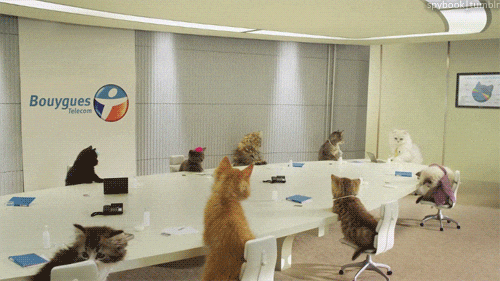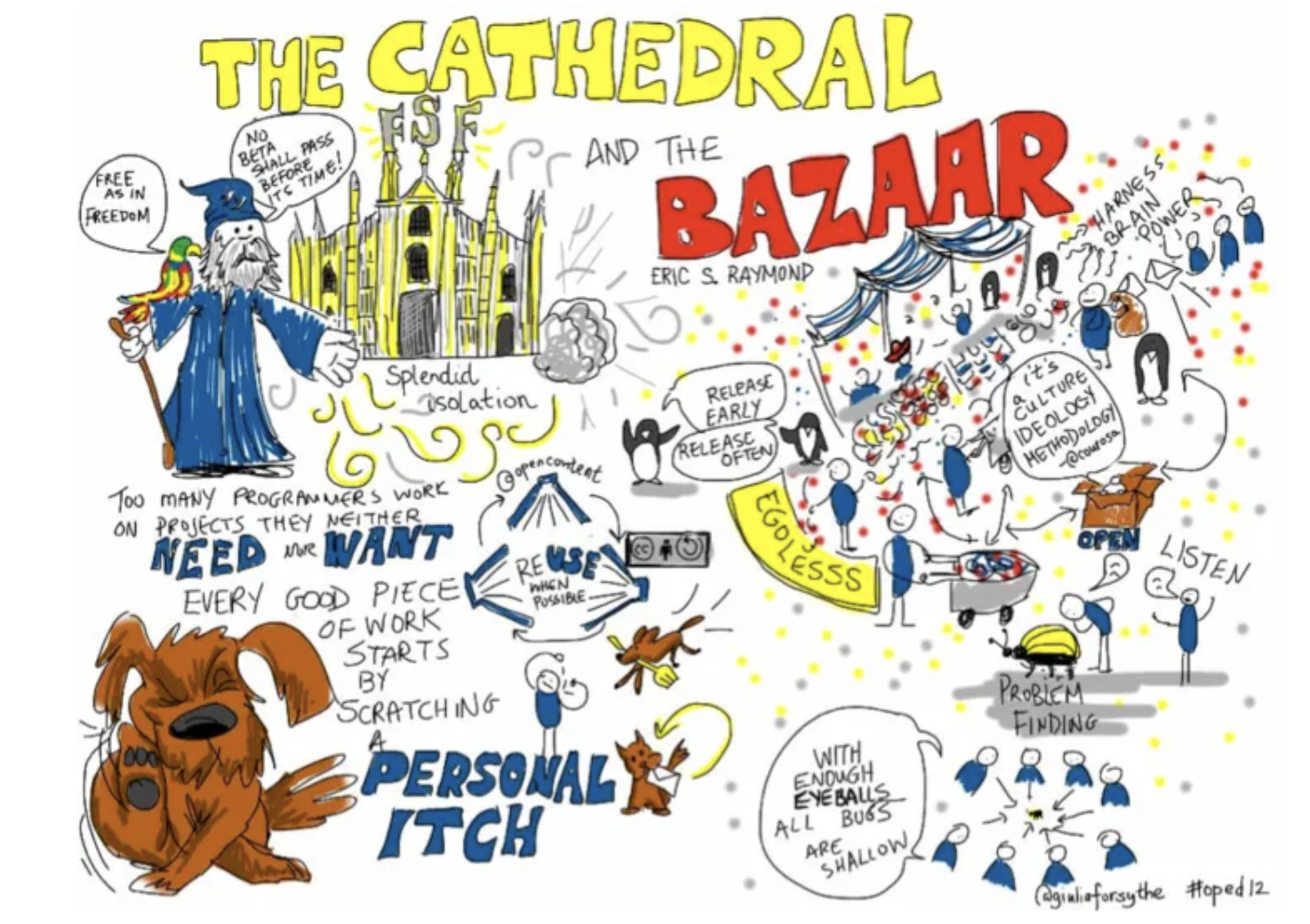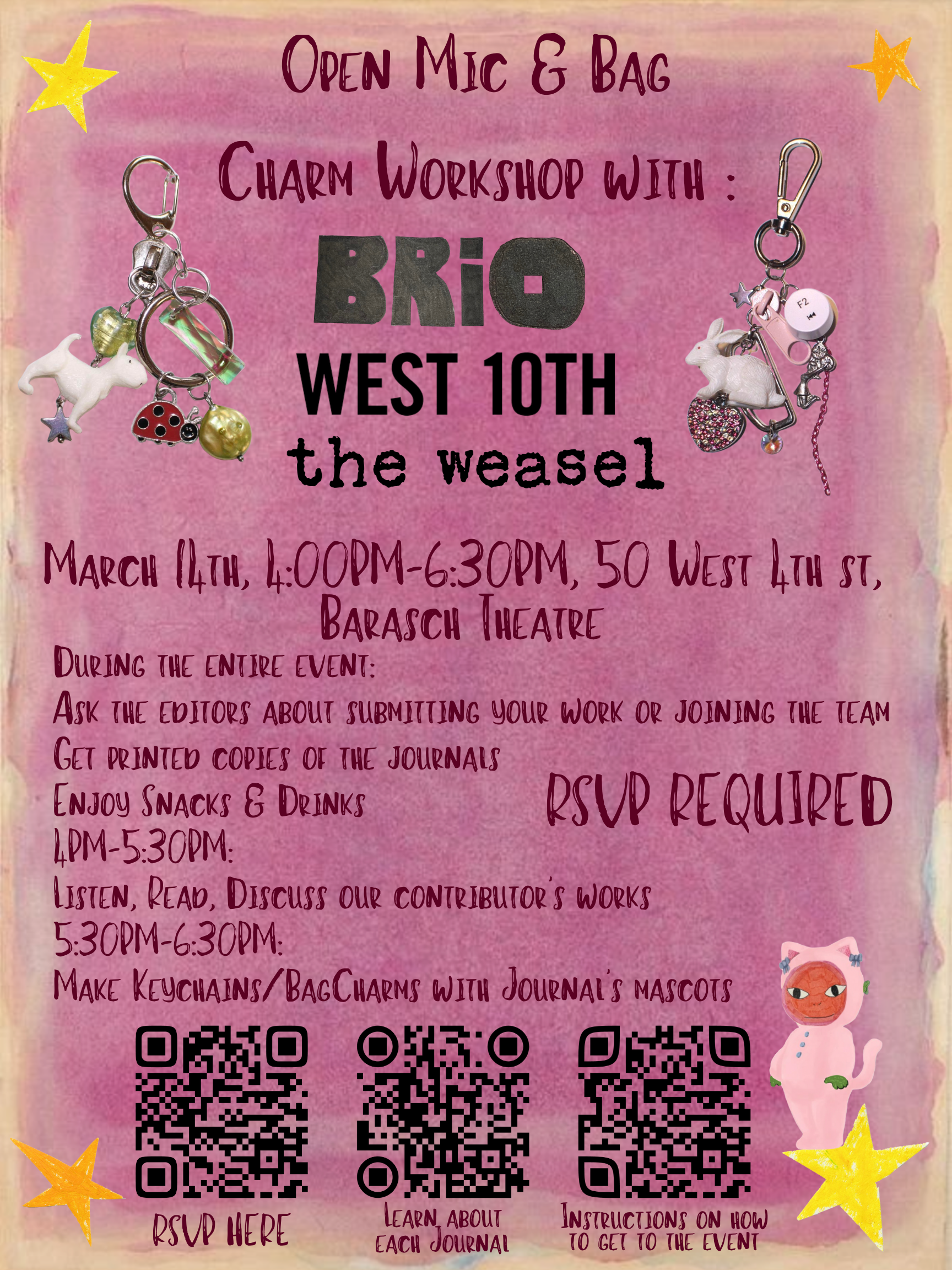Week 15 - My Teams's Presentation
Reflections On My Team’s Presentation
For some reason, I was extremely nervous before our presentation. I kept wondering how we should structure it: Who would introduce each section? How would we present our shared challenges? And which tool—Figma, Canva, or Google Slides—would best showcase our work? Thankfully, Vasily jumped in early and built a presentation skeleton in Figma. That initial framework made it significantly easier to flesh out content and visuals afterward.








